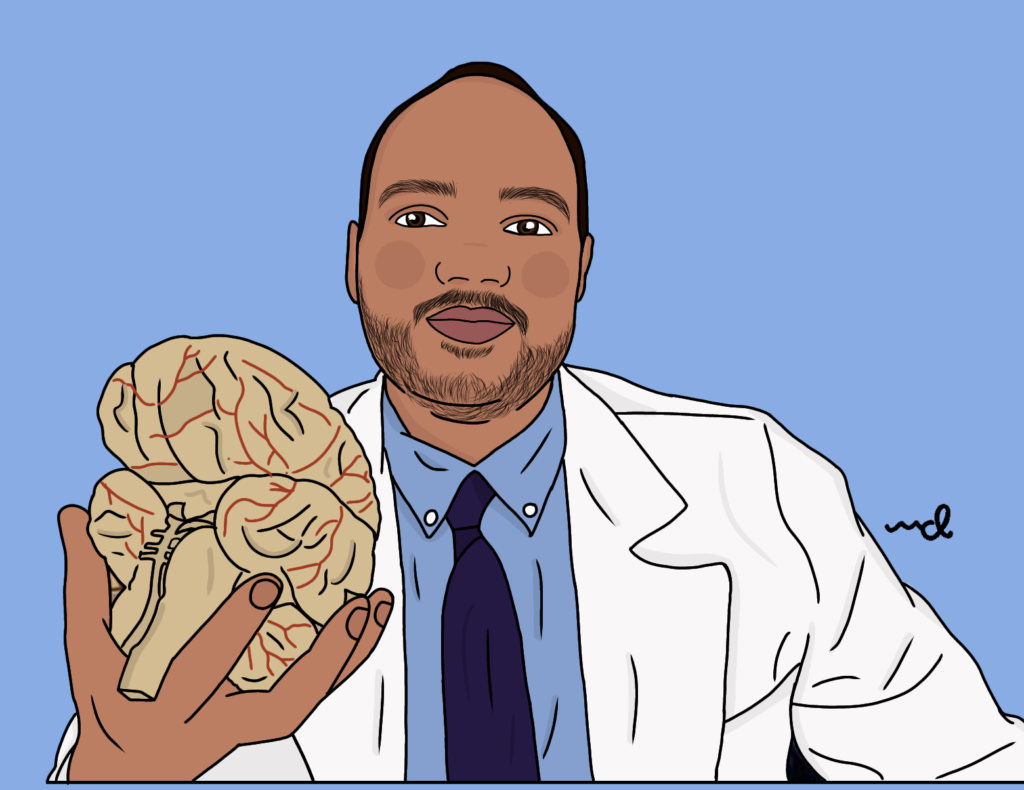As a neurosurgeon, I highly recommend that beginners interested in neuroscience start with some foundational texts that offer a comprehensive introduction to the field. Neuroscience is a rapidly evolving field, and it is essential to have a solid understanding of the basics before diving into more advanced topics.
Here are many great neuroscience books for beginners that can provide a comprehensive introduction to the field. Here are some recommendations:
- “The Tell-Tale Brain” by V.S. Ramachandran: This book offers a fascinating and accessible introduction to the brain and its functions. It covers topics such as perception, memory, and consciousness.
- “An Introduction to Behavioral Endocrinology” by Randy J. Nelson: This book provides an introduction to the study of hormones and their effects on behavior, including topics such as sexual behavior and aggression.
- “Neuroscience: Exploring the Brain” by Mark F. Bear, Barry W. Connors, and Michael A. Paradiso: This textbook offers a comprehensive introduction to neuroscience, covering topics such as neural circuits, sensory systems, and the neural basis of behavior.
- “The Brain that Changes Itself” by Norman Doidge: This book explores the concept of neuroplasticity and how the brain can change and adapt throughout our lives. It covers topics such as brain injury, learning, and mental illness.
- “The Synaptic Self” by Joseph LeDoux: This book offers an introduction to the workings of the brain at the cellular level, focusing on the role of synapses in neural communication and how this affects behavior and cognition.
These books are a great starting point for anyone interested in learning more about neuroscience. Overall, these books are an excellent starting point for anyone interested in learning more about neuroscience. As a neurosurgeon, I believe that a solid understanding of the fundamentals of neuroscience is essential for anyone working in this field.

